
You are doing it all wrong. Here's the right way to use your garbage disposal
Garbage disposals are one of those modern household conveniences that make kitchen cleanup quick and efficient. They help manage food waste responsibly, reducing what ends up in the trash and landfills. However, when used incorrectly, garbage disposals can quickly become a source of frustration—leading to stubborn clogs, unpleasant odors, and even costly damage to the unit itself.
Many homeowners are unaware of the best practices for using and maintaining their garbage disposal, and this lack of knowledge often results in expensive repairs or the need for premature replacement. By learning the proper way to operate your disposal, you can extend its lifespan, keep your kitchen fresh, and ensure it functions safely for years to come.
Below, we’ll walk through some of the most common mistakes people make and offer a practical, step-by-step guide to keeping your garbage disposal in top condition.
1. Start With Cold Water, Not Hot
Contrary to popular belief, cold water is essential for running your garbage disposal effectively. Before turning it on, let cold water run for at least 15 seconds. Cold water helps solidify fats and grease, making them easier to chop up and flush away.
Hot water, on the other hand, melts fats and oils, allowing them to coat your pipes and solidify later—creating sticky buildup and bad odors over time. By always using cold water, you help ensure fats stay solid long enough to be shredded and washed down safely, keeping your plumbing clear.
2. Avoid Whole Citrus Fruits — Use Only Peels
Citrus fruits like lemons, oranges, and limes can help deodorize your garbage disposal, but using them incorrectly can cause problems. Whole citrus fruits are often too large and fibrous, which can dull or jam the blades.
Instead, use only the peels in small quantities. The natural oils in citrus peels fight odors, add a pleasant scent, and even have mild cleaning properties. Tossing in a small handful of peels once a week can keep your disposal fresh without damaging the unit.
3. Sharpen the Blades Weekly With Ice Cubes
Keeping your disposal blades sharp ensures smoother, quieter operation. A simple way to do this is to grind a handful of ice cubes once a week while running cold water.
The ice not only helps sharpen the blades but also dislodges small debris and buildup that can accumulate over time. For an added boost, you can mix the ice with a few lemon peels—cleaning and deodorizing the disposal in one easy step.
4. Keep Fibrous Foods Out of the Disposal
Fibrous foods such as celery stalks, corn husks, banana peels, and onion skins can wrap around the disposal blades like string. This can jam the mechanism, strain the motor, and slow down performance.
Instead of sending these items down the drain, compost or discard them in the trash. If you must use the disposal, chop fibrous foods into tiny pieces first and always run plenty of cold water.
5. Cut Large Items Into Smaller Pieces
Garbage disposals aren’t designed to handle large chunks of food waste. Items like fruit pits, chicken bones, or big vegetable scraps can easily overwhelm the motor and cause blockages.
Cut large waste into smaller pieces—no larger than one inch in diameter—before placing them in the disposal. Feeding small portions gradually helps the system grind more efficiently, reduces stress on the motor, and prevents jams.
6. Clean Regularly With Dish Soap
A little maintenance goes a long way. After each use, squirt a small amount of dish soap into the disposal and let it run for a few seconds with cold water.
This simple habit removes grease residue, washes away particles, and keeps your disposal smelling clean. For extra freshness, follow up with citrus peels or a natural deodorizer once a week.
7. Never Pour Grease or Oils Down the Drain
Grease and cooking oils might seem harmless when warm, but once they cool, they solidify inside your pipes. This buildup can lead to slow drains, foul smells, and even full blockages.
Instead, collect grease in a heat-safe container or can, let it harden, and throw it away in the trash. It’s a small change that can save you from major plumbing headaches later.
8. Run the Disposal Regularly
Even if you don’t have food waste, run your garbage disposal every few days with cold water. Regular use prevents rust, corrosion, and stiffness in the moving parts.
Think of it like starting your car engine—it keeps everything lubricated and functional. Skipping this step for too long can allow grime to harden, making the next use less efficient.
9. Rinse Thoroughly After Each Use
After turning off your disposal, keep the cold water running for at least 15–30 seconds. This final rinse ensures that all food particles are flushed down the drain and don’t linger in the pipes.
This simple routine helps prevent clogs and lingering smells while keeping your plumbing system free of debris.
10. Know Your Disposal’s Limits
Not all disposals are created equal. Some are heavy-duty models capable of grinding bones and dense scraps, while others are designed only for light food waste.
Check your user manual to understand what your model can safely handle. Overloading it or forcing in hard materials like shells, seeds, or pasta can dull the blades and burn out the motor.
11. Freshen With Baking Soda and Vinegar
For an eco-friendly deodorizer, use baking soda and vinegar. Pour half a cup of baking soda into the disposal, followed by one cup of vinegar. Let the mixture fizz for 5–10 minutes to dissolve odor-causing buildup.
Finally, rinse with cold water while running the disposal. This natural cleaning method not only eliminates smells but also helps keep the grinding chamber spotless.
Final Thoughts
Properly maintaining your garbage disposal is simple once you know the right techniques. A few mindful habits—like using cold water, avoiding grease, and cleaning regularly—can add years to your disposal’s life and prevent plumbing issues.
Treat your garbage disposal with care, and it will reward you with quiet, efficient performance and a fresher, cleaner kitchen environment.
✅ Summary of Key Takeaways:
-
Always use cold water before, during, and after use.
-
Avoid fibrous, starchy, or greasy foods.
-
Clean weekly with ice cubes or baking soda and vinegar.
-
Know your disposal’s capacity limits.
-
Run the disposal regularly to prevent rust and buildup.
News in the same category


The truth about eating green papaya and ripe papaya is a secret that few people know

The 'green miracle' fruit that fights cancer and treats diabetes but is overlooked by many: Sold widely in Vietnamese markets

How to wash and condition hair with rice water to reduce hair loss and continuously promote new hair growth

4 dishes using hairleaf herb to effectively treat stomach pain

5 Warning Signs That Could Indicate a Serious Illness — Check Yourself and Your Loved Ones
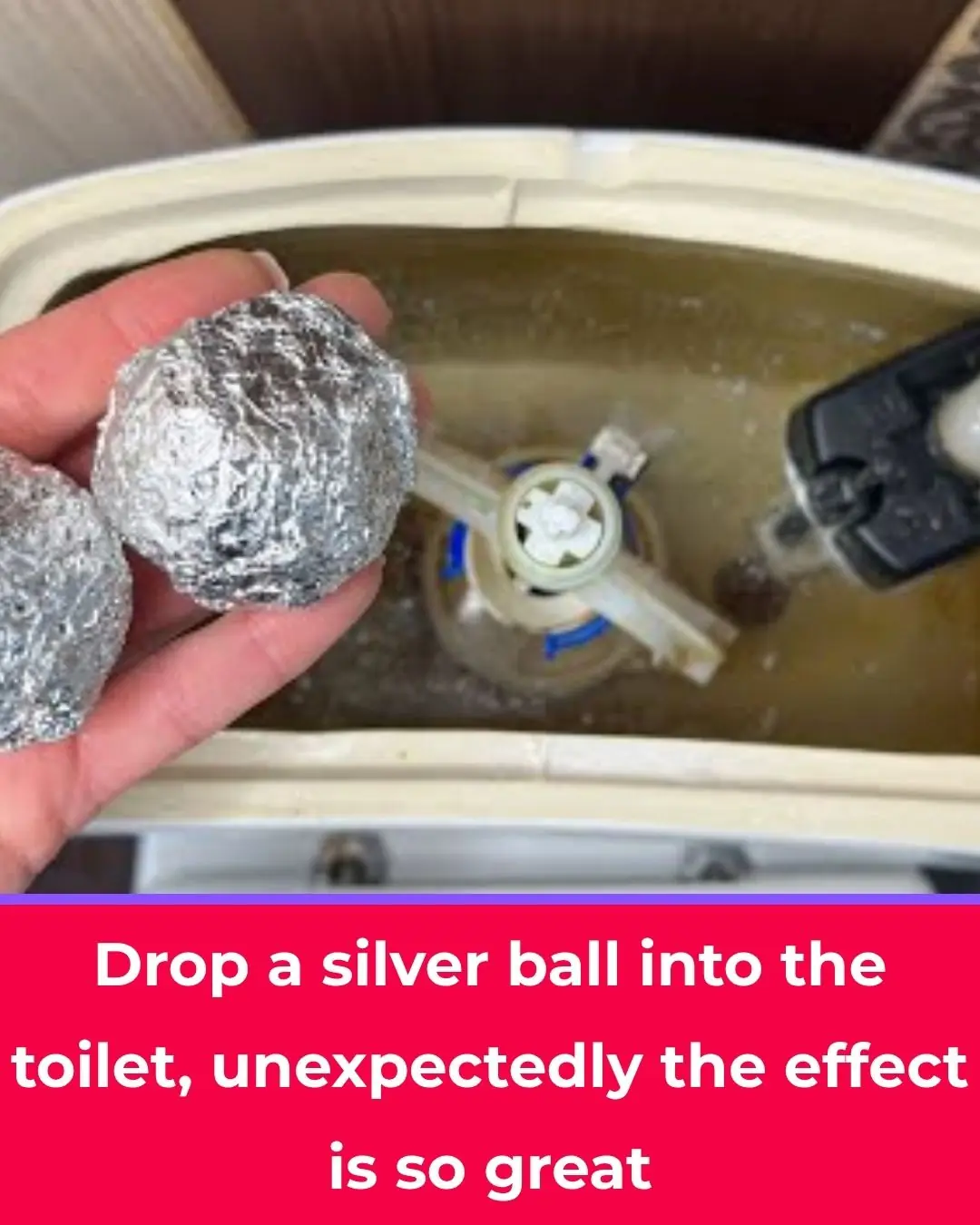
Drop a Silver Ball into Your Toilet — You’ll Be Amazed at What Happens Next

Don’t Eat Tofu Right After You Buy It—Freeze It First for a Magical Effect
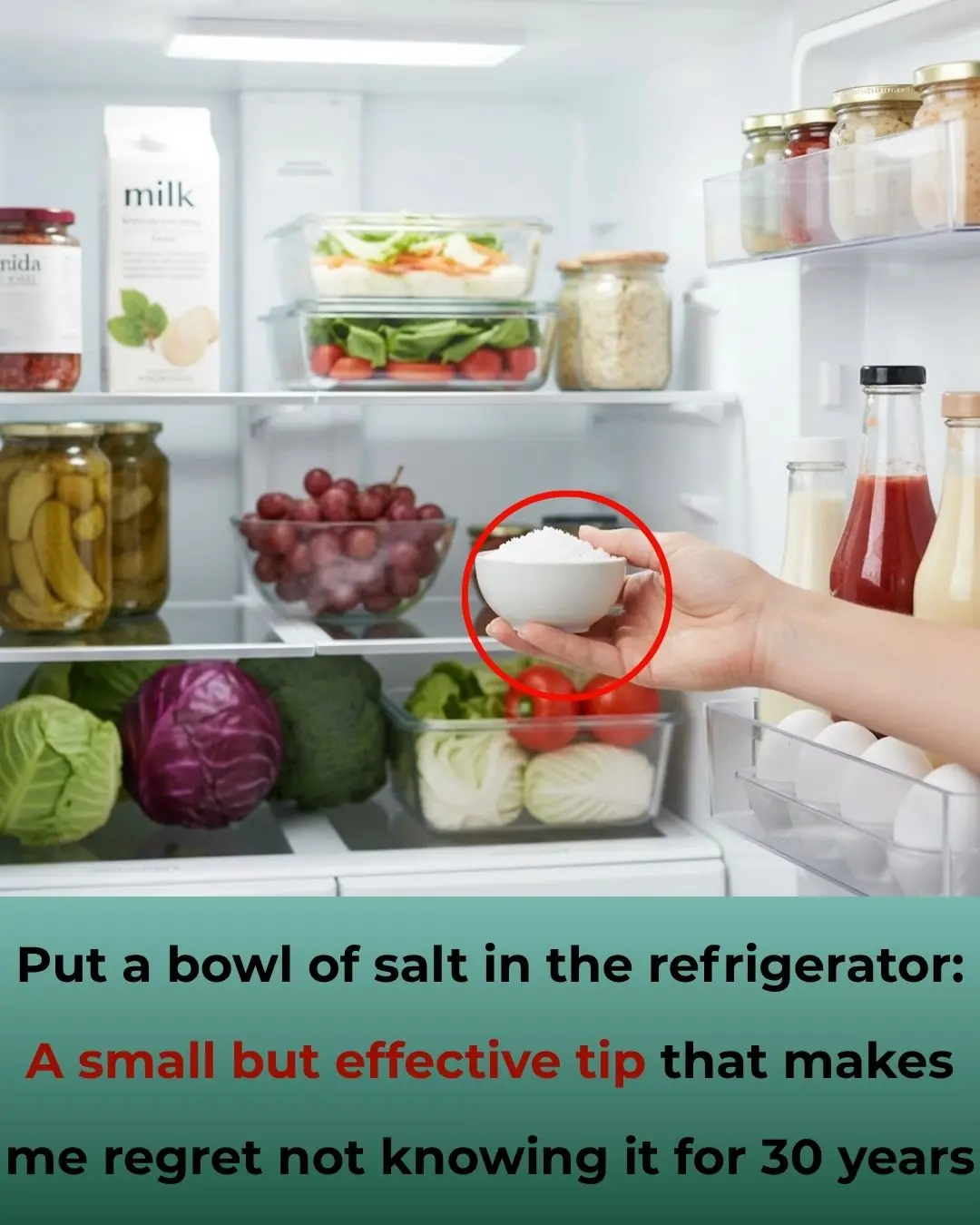
Put a Bowl of Salt in Your Fridge: A Simple Yet Powerful Hack I Wish I Knew 30 Years Ago

4 Nighttime Habits That Make Women Age Faster and Shorten Lifespan: How Many Do You Do?
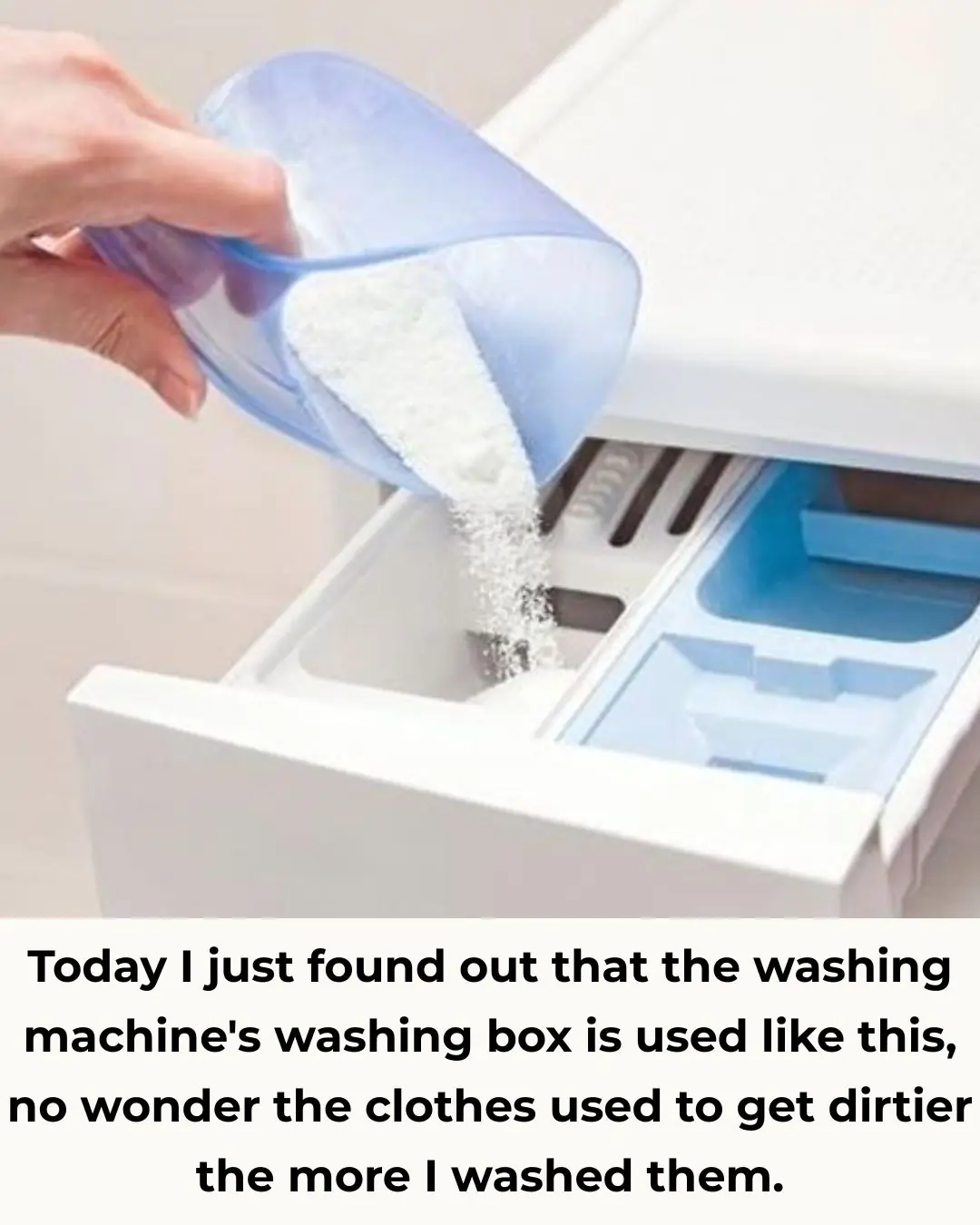
Today I Learned the Right Way to Use the Washing Machine Detergent Drawer — No Wonder My Clothes Used to Get Dirtier After Washing!
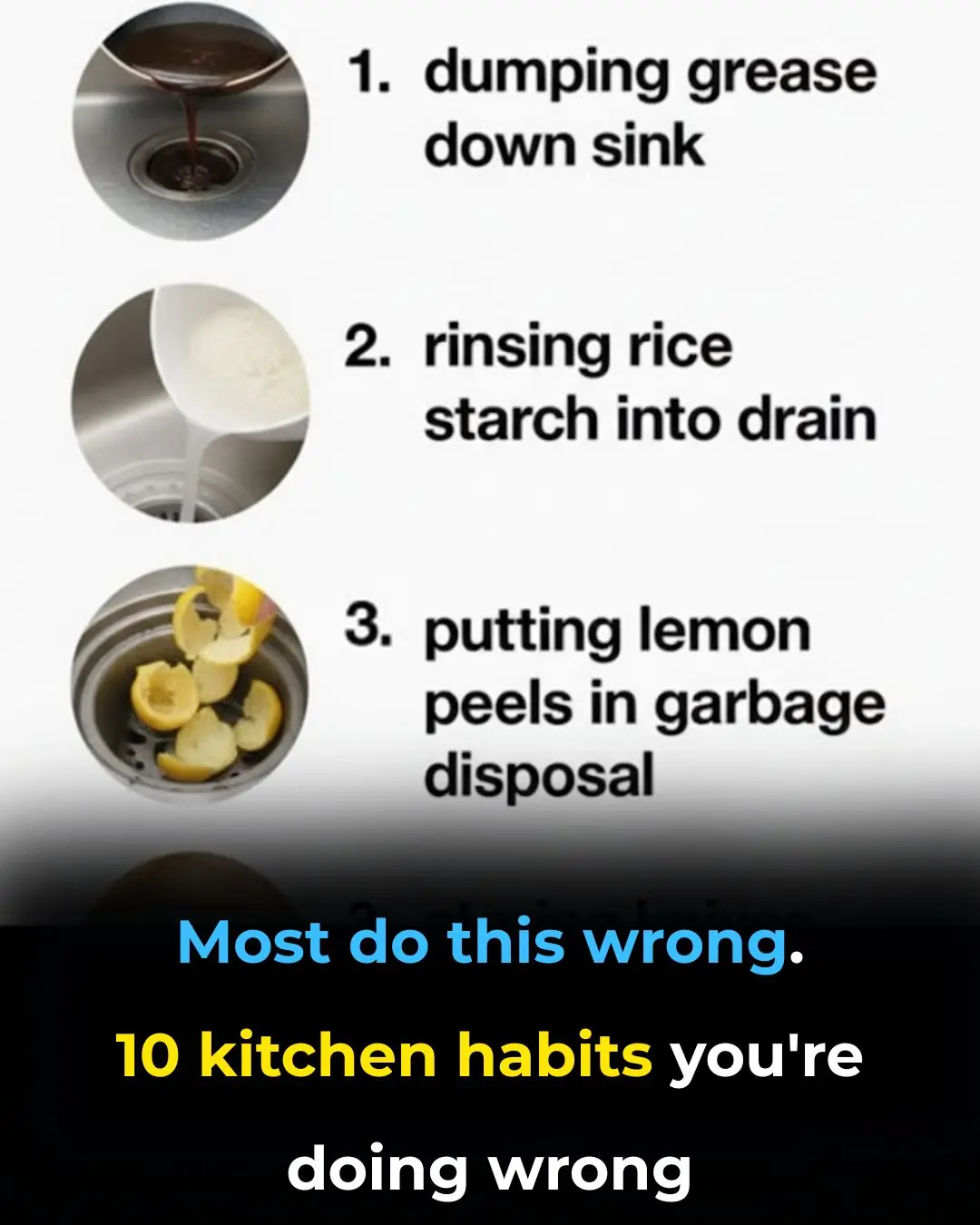
Most do this wrong. 10 kitchen habits you’re doing wrong

My nana taught me this hack to dust ceiling fans in 3 mins with 0 work. Here’s how it works

8 brilliant ways to save money by mixing hair conditioner and vinegar this year

8 reasons why adding mint leaves to your toilet tank is a must-do trick

Why You Shouldn’t Be Washing Bath Mats in the Washer

Stainless steel pots often turn black after being cooked for a long time. Doing this will make them shiny like new.

In humid weather, walls are easily moldy and peeling. Do this immediately to improve the situation.

Humid house, don't turn on the fan or open the door wide: Just do this to cool the house in 10 minutes

2 wrong ways to defrost meat, not good for health, but most people make the same mistake
News Post

1 Lemon Is All You Need to Revive an Orchid: Here’s How It Works

4 Good Reasons Everyone Should Read Ralph Ellison’s ‘Invisible Man’ At Least Once

Don’t Yank This from the Cracks: Why Dandelions Deserve a Second Look

Soap Water: A Gardener’s Secret Weapon for Natural Pest Control

20 Plants That Thrive in Cheap 5-Gallon Buckets

The Woman Who Refused to Stand and Watch.

The Drain and the Dawn: The Day a Village Fought for One Life.

The Dog in the Fog: The Moment That Changed a Movie, a Man, and a Scene Forever.

The Ice, the Horses, and the Hands That Wouldn’t Let Go.

A British Angler's Record-Breaking Catch: The 67lb Goldfish Nicknamed "The Carrot"

“He’s Strong”: Officer Justin Beal’s Remarkable Comeback After a 16-Hour Surgery

“Fight for Milenka” — A Family’s Plea to Save Their Youngest Daughter

The Man in the Parking Lot: A Story About Hunger, Fatherhood, and the Kindness We Almost Walk Past.

The Man on the Bridge: A Story About the Kindness the World Almost Walked Past.

The Day the Backyard Became a Wild Meadow.

Legs Feeling Weak? These 3 Drinks Can Bring Back Your Strength

Mix These 3 Before Bed — They Help Heal Your Arteries While You Sleep

Stop Sleeping Like This — It’s Ruining Your Spine!
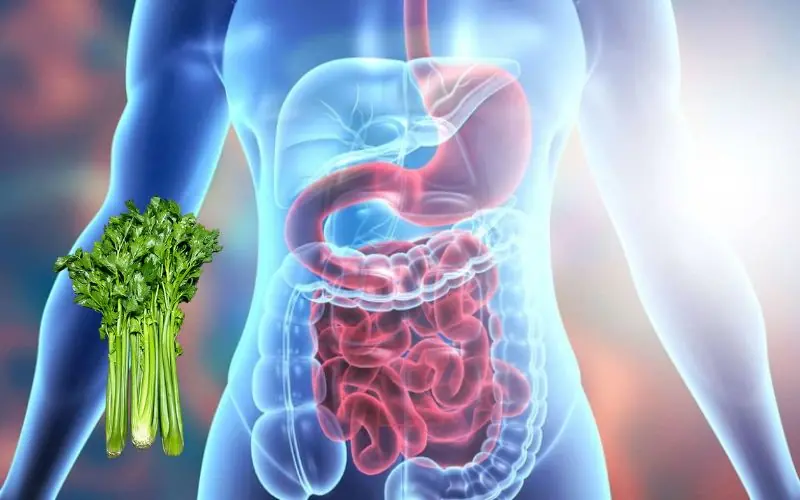
Eat Celery Regularly for a Healthier Digestive System and Lower Blood Sugar Levels
